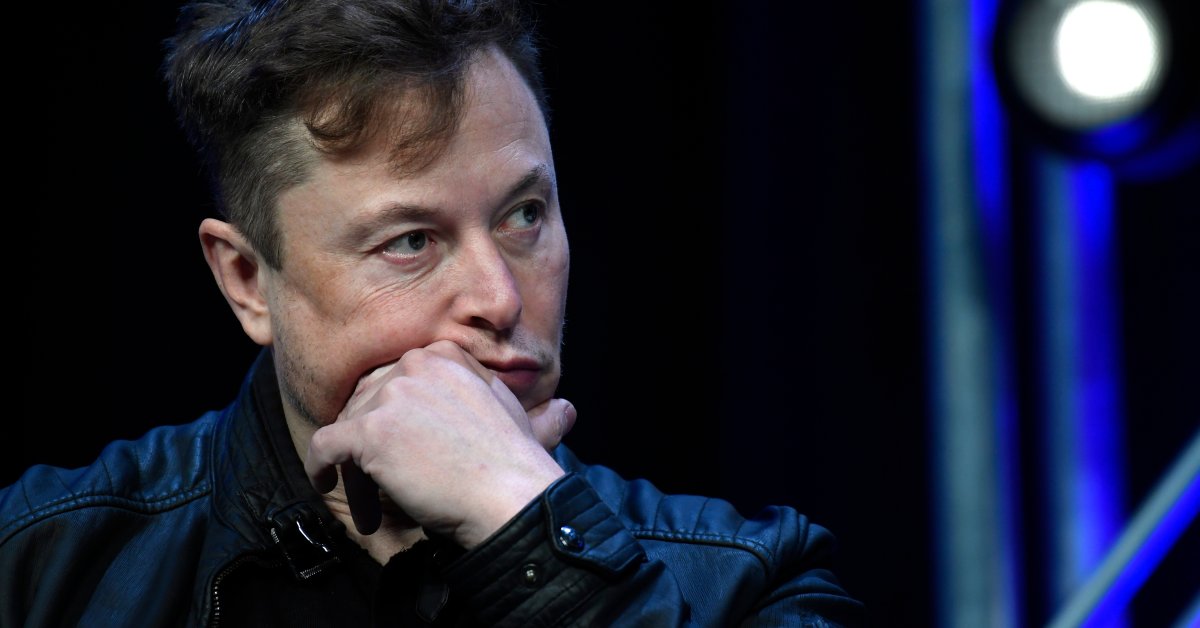The European Union has accused Elon Musk’s X, previously known as Twitter, of deceptive practices and lacking transparency and accountability in the first charges against a tech company under the bloc’s new social media regulations. The European Commission outlined preliminary findings from its investigation into X under the Digital Services Act, which requires platforms to take more responsibility for protecting users and cleaning up their sites. Regulators specifically criticized X’s blue checkmarks, calling them “dark patterns” that can be used by malicious actors to deceive users, as they are not in line with industry best practices. Before Musk’s acquisition of the site in 2022, verification badges were mainly reserved for celebrities, politicians, and other influential accounts, but X started issuing them to anyone who paid $8 per month for one.
The accusations against X highlight growing concerns about the influence and power of tech companies in the digital landscape. The EU’s move to hold X accountable for its practices reflects a broader push for greater regulation and oversight of social media platforms to protect users and ensure transparency. The Digital Services Act represents a significant step towards addressing these issues by imposing stricter requirements on platforms to uphold certain standards in their operations. The focus on X’s blue checkmarks as a point of contention underscores the importance of clear and transparent verification processes to prevent misuse and deception by bad actors.
Elon Musk’s ownership of X has brought about significant changes to the platform, including the controversial decision to sell verification marks to users for a monthly fee. This move has raised questions about the integrity of the verification system and whether it is being used appropriately to authenticate legitimate accounts. The EU’s scrutiny of X’s practices underlines the need for tech companies to uphold ethical standards and prioritize user protection and trust. By challenging X on its approach to verification and highlighting the potential risks associated with deceptive practices, regulators are sending a clear message about the importance of accountability in the digital sphere.
The EU’s investigation into X sets a precedent for holding tech companies accountable for their actions and ensuring compliance with regulations designed to safeguard users. The charges against X signal a shift towards greater scrutiny and oversight of social media platforms, particularly in light of concerns about misinformation, privacy violations, and other harmful practices. The case also underscores the challenges of regulating a rapidly evolving digital landscape where new technologies and business models can pose risks to consumers. By addressing issues such as deceptive practices and lack of transparency, regulators are working to create a safer and more trustworthy online environment for all users.
Overall, the EU’s charges against X reflect a broader effort to strengthen accountability and transparency in the tech industry and ensure that platforms operate in the best interests of their users. The case serves as a reminder of the importance of regulatory frameworks to address emerging challenges in the digital space and protect individuals from potential harm. As tech companies continue to play a central role in shaping the online experience, it is vital for regulators to enforce rules that promote responsible behavior and hold companies to high standards of ethics and integrity.









